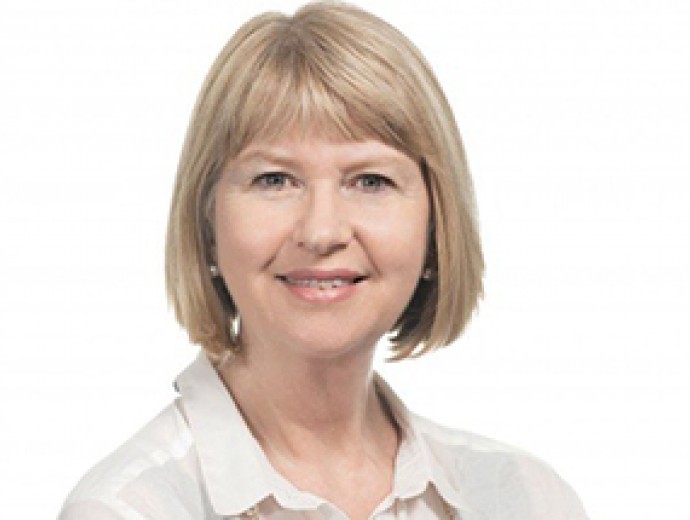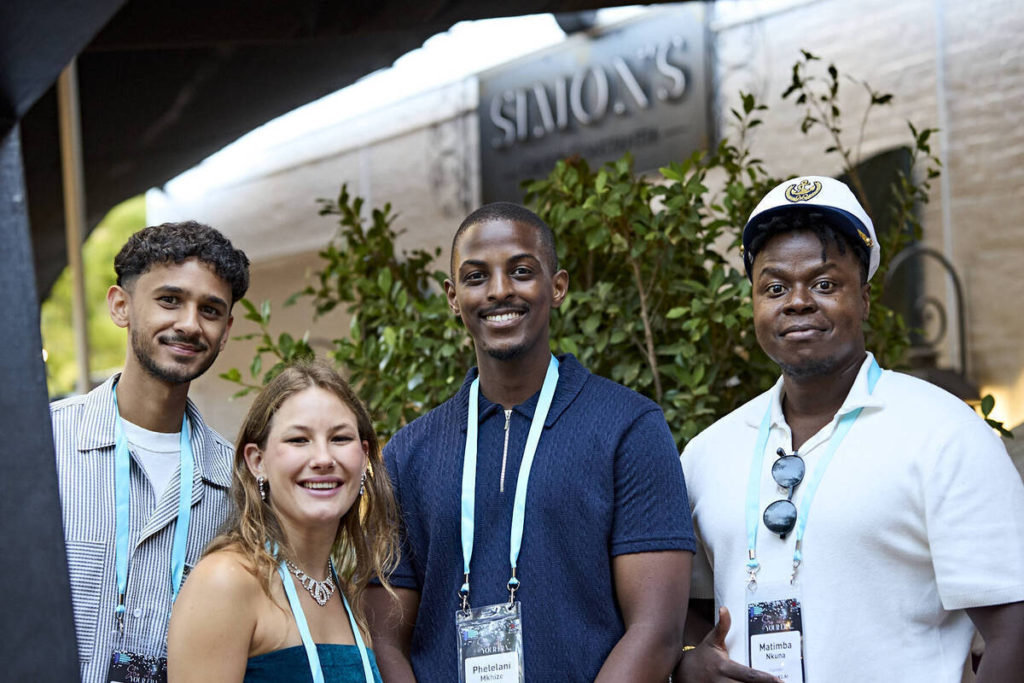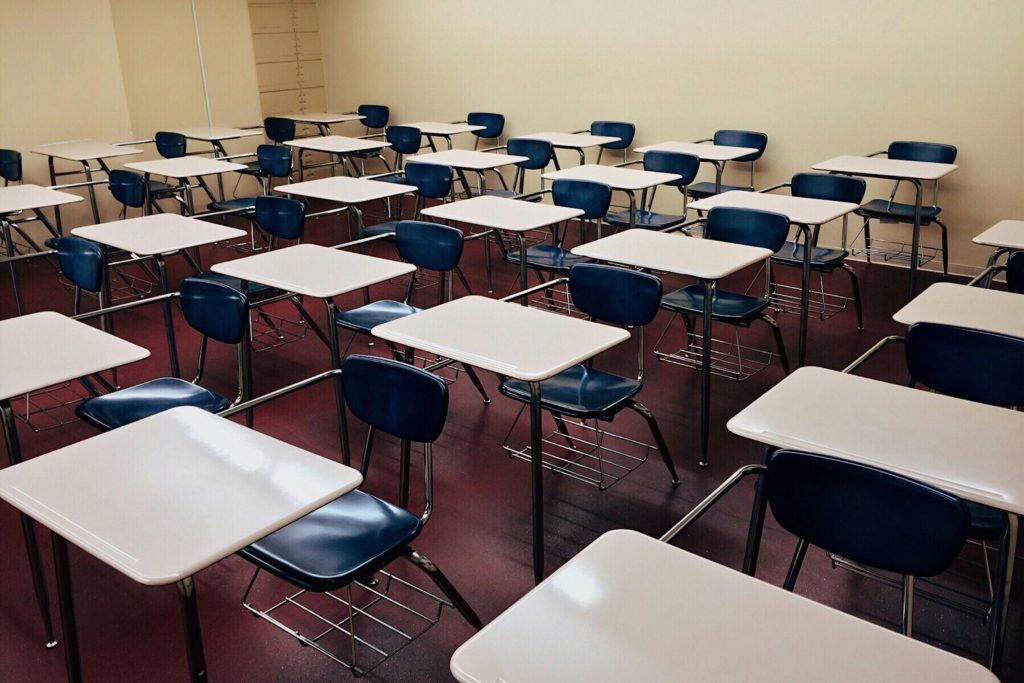BY Nkosazana Ngwadla
Prof Ann Skelton of UP’s Faculty of Law has been elected to chair the United Nations Committee on the Rights of the Child, where she will be active in holding states accountable for failures to protect the rights of children globally.
Professor Ann Skelton of the University of Pretoria’s (UP) Department of Private Law was recently appointed as Chair of the United Nations (UN) Committee on the Rights of the Child. She will head the 18-member committee of independent global experts which is united by a common goal: to protect children around the world.
Prof Skelton, who is well known locally and internationally as a children’s rights lawyer, was initially appointed by South Africa to serve on this body before being voted in by the UN for her first term of office in May 2017. She was re-elected for a second term until February 2025.
It was clear from her acceptance speech that this new responsibility was in line with her passion and purpose.
“Children’s rights are currently under threat in many parts of the world,” Prof Skelton said. “Keeping states accountable for failure to improve children’s lives and encouraging better efforts is the daily bread of the committee. I look forward to an energetic two years in which the committee will deepen its efforts to bring about the needed change on the ground.”
She pledged to collaborate with others who are committed to protecting children who cannot defend themselves. In fact, soon after her appointment, she chaired a three-week session in Geneva, Switzerland, before travelling to New York for a meeting with all the chairs of the UN Treaty Bodies (committees of experts that monitor the implementation of core international human rights treaties).
Prof Skelton has argued many landmark children’s rights cases in the South African Constitutional Court. She is a highly rated researcher and has a B1 National Research Foundation rating, is a member of the Academy of Science of South Africa and holds the UNESCO Chair in Education Law in Africa. She is also a recipient of UP’s 2018 Exceptional Achievers Award, the International Juvenile Justice Observancy’s Juvenile Justice Without Borders International Award – which recognises 20 years of work on juvenile justice – and an Honorary World’s Children’s Prize, which was presented in 2012 by Queen Silvia of Sweden.
Prof Skelton said the opportunity to lead the top global body on children’s rights is exciting, even though it comes with a weighty responsibility.
“Working at an international level is an amazing opportunity because it provides a global bird’s-eye view on issues that we are concerned about,” Prof Skelton said. “We are currently reviewing France, Jordan, São Tomé and Príncipe, Finland, Turkey and the UK. It is an incredible range of unique countries at different stages of implementing the Convention on the Rights of the Child. It is a privilege to examine all of these states from the angle of a UN Treaty Body.
“On the other hand, by its nature, a bird’s-eye view means that one is far away from the subjects of our attention, and in the case of the Committee on the Rights of the Child, I’m speaking of children themselves,” she added. “I found that when I worked at national level, I was also using international law, still striving to ensure that South Africa’s laws, policy and practices were in line with the Convention on the Rights of the Child. I felt closer to the children I was trying to assist, and I could see tangible improvements.
“While I believe that Treaty Bodies do make a difference, it is rather subtle and takes longer, or at least, it looks that way from a bird’s-eye view. Wherever you are working, whether at the helm of a Treaty Body or on the ground using the treaty, all those activities matter and they contribute to the hoped-for change.”
Image and source: University of Pretoria












